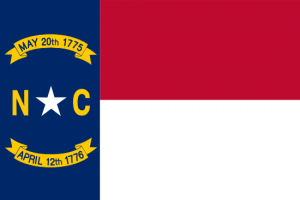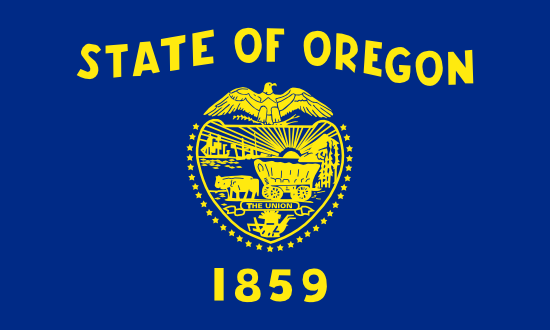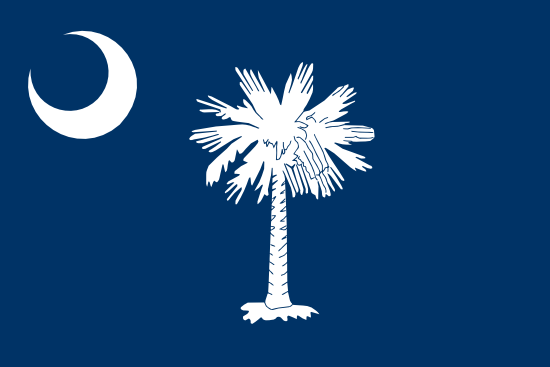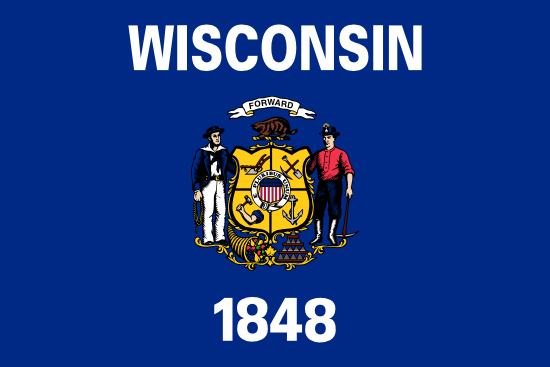Whether you’re starting a business as a way to build wealth, a way to leave behind a legacy, or just to have more control over your hours and work, you’ll need to spend some time legally establishing your business before you begin full operations. North Carolina is a great place to get started- but you need to be aware of the requirements before you get too far in the process.
Ready to start your Tax ID Application Now?

Steps to Getting a Tax ID (EIN) Number and Register Your Business in North Carolina
- North Carolina Means Business
- Forming a Business in North Carolina
- Federal Tax ID (EIN) Number Obtainment
- North Carolina State Tax ID Number
- Localized Licenses and Permits in North Carolina
1. North Carolina Means Business
North Carolina has enormous potential for entrepreneurs. Currently enjoying a healthy economic growth rate of 2.6 percent, exceeding the national average of 2.4 percent, this bridge between the northern and southern United States is home to more than 843,000 small businesses. Collectively, those businesses employ more than 1.6 million North Carolina citizens, ultimately representing nearly half the state’s workforce.
There are economic opportunities almost anywhere you’d want to start the business. In addition to small and mid-sized cities, where you could draw on the power of the local community, you could choose a booming metropolitan area like Charlotte, Greensboro, Raleigh, or Asheville to gain access to a bigger local population. The Carolina Small Business Development Fund, along with dozens of other organizations and government departments, offer resources and financial incentives to help you along your journey.
2. Forming a Business in North Carolina
Deciding on a legal structure for your business can be challenging, but it’s one of the most important decisions you’re going to face. Your choice will determine how your business pays taxes, and if (and how) you could be held personally liable for the business’s actions.
The best course of action is to start with a business plan, which will highlight your company’s strengths and weaknesses, and help you understand which type of business might be best. You might have more than one clear option, but remember, you can always change your structure later if you need to scale the complexity up or down (though in general, it’s easier to start simple and scale up in complexity).
Logistically, sole proprietorships and partnerships are the easiest types to create and manage. You don’t need to file much paperwork, and you’ll pay taxes straightforwardly as an individual. Limited liability companies (LLCs) are slightly more complex, requiring annual reports in North Carolina, and corporations are even more complicated than that, requiring ongoing reporting for several business elements.
In terms of liability, corporations offer the most protection; they’re treated as separate legal entities, so you won’t be personally liable for any debts the business takes on. LLCs are also treated as separate entities, but don’t offer as much protection as corporations do. Sole proprietorships and partnerships are simple, but will also leave you the most vulnerable.
In terms of taxes, sole proprietorships and partnerships are simplest; you simply pay taxes on any money you make as an individual. In an LLC, you’ll only pay personal taxes on money you make through income or dividends; and in North Carolina, you won’t pay any additional state taxes in an LLC. Corporations, however, will be taxed on any eligible income on a federal level, and will be responsible for a corporation franchise tax, as well as a flat corporate income tax rate of 5 percent (which LLCs may also need to pay if they meet a certain eligible income threshold). Because of this, corporation owners may end up double-taxed, in a sense.
3. Federal Tax ID (EIN) Number Obtainment
Your federal tax ID number, or employer identification number (EIN), will serve as a signature number for your business- and how your business is registered with the federal government. This 9-digit identification number is required for the vast majority of businesses, since you’ll be using it for opening new accounts, establishing business credit, hiring employees, and even filing for business taxes at the end of the year. Some businesses and individuals may also require your EIN for establishing certain partnerships, such as opening new lines of credit, or working with a new vendor.
4. North Carolina State Tax ID Number
If you plan on selling goods in the state of North Carolina, or hiring employees there, you’ll also need a North Carolina state tax ID number for your business. This number is used to register your business for sales taxes, excise taxes (which exist on certain types of products, like gambling-related purchases and gasoline), and employment taxes. Even if your LLC isn’t making enough income to pay the state corporate income tax, you may still need this ID number. Learn more by visiting https://www.ncdor.gov/register-business
5. Localized Licenses and Permits in North Carolina
North Carolina doesn’t have a general-purpose business license. Instead, you’ll need to search North Carolina’s regulatory, state-issued, and occupational licenses (of which there are more than 700) and determine whether your business needs any. And because licenses and permits also apply at the local level, you’ll need to check in with your city’s chamber of commerce to see what other legal requirements there may be to operate your business. Common industries that need permits include agriculture, health, and transportation. For more information visit https://www.sosnc.gov/Guides/launching_a_business/license_permit
This guide can’t help you come up with the next billion-dollar idea, but it can help you get everything you need to operate your business legally in the state of North Carolina. Make use of our federal tax ID and North Carolina state tax ID obtainment services so you can make the process go even faster- and avoid burdening yourself with the extra paperwork.


